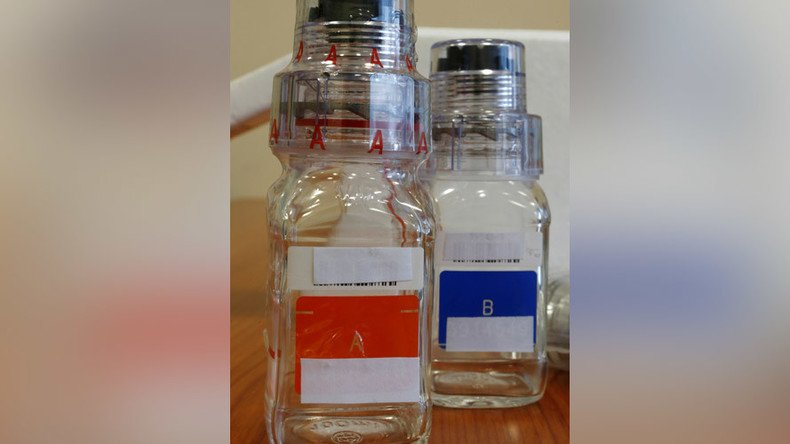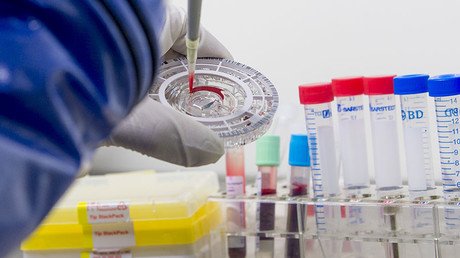Liberty & drug tests for all: Lawmaker seeks to drug screen the rich

While some lawmakers want to require drug screening and testing for welfare and other assistance program applicants, this idea has inspired one US congresswoman to call for the rich to be drug tested if they wish to take advantage of tax deductions.
Wisconsin Governor Scott Walker put a lot of time and energy into passing legislation that has given Wisconsin the right to drug test participants in the Supplemental Nutrition Assistance Program (SNAP), commonly known as food stamps, and Temporary Assistance for Needy Families (TANF). He is not alone either. At least 15 states now require drug testing for public assistance applicants.
Representative Gwen Moore (D-Wisconsin) describes these stipulations as “the criminalization of poverty,” the Guardian reported. In response, she has announced her intention to introduce a bill called the Top 1% Accountability Act that would force taxpayers with itemized deductions exceeding $150,000 to submit a clear drug test to the IRS. Based on the IRS’ 2011 tax data, the only homes that would qualify would be those with a yearly federal adjusted gross income of over $1 million, the Guardian reported.
The federal government considers tax deductions to be expenditures, because they reduce its revenue and, as high earning taxpayers collect the lion’s share of these subsidies, Representative Moore figures they ought to be subject to the same requirements as low-income earners receiving social benefits.
“The benefits we give to poor people are so limited compared to what we give to the top 1%,” Representative Moore said. “It’s a drop in the bucket.”
Moreover, states that require drug testing for welfare recipients have found it to be ineffective and expensive. For example, Missouri spent $336,297 to test 38,970 welfare applicants, but a total of only 48 people actually failed, according to ThinkProgress.
In addition, studies from the University of Miami School of Medicine found that TANF recipients with existing drug problems were more likely to find work and treatment after receiving welfare, saying, “Treatment completion and length of stay in treatment was associated with moving from welfare to work, and residential treatment (compared to other drug treatments) was associated with positive employment outcomes.”
In addition, the study also noted that women, who account for the majority of TANF recipients, “who lose their employment and welfare benefits may be engaging in illegal activities to support themselves and their children.”
Representative Moore noted one potential benefit of her program, saying, “We might really save some money by drug-testing folks on Wall Street, who might have a little cocaine before they get their deal done.”













